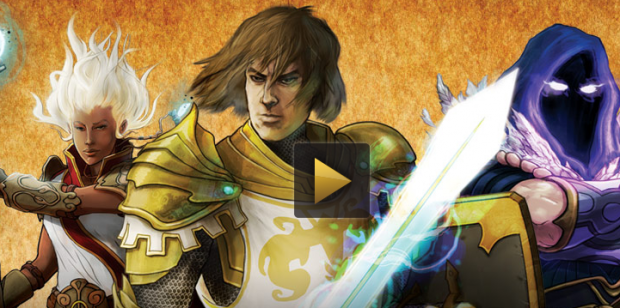
In creating World of Classcraft, a not-so-subtle nod to the world's most popular online role-playing game, Quebec-based physics teacher Shawn Young has turned the everyday interactions of his classroom into a quest to gain special powers and avoid death.
In a manner similar to other role-playing games, students assume a class—in this case a Mage, a Warrior, or a Healer—that each boasts specific abilities. Working in teams of roughly six to eight students, Young said each student aspires to gain experience points related to positive classroom interactions, and avoid losing hit points for negative activities.
For example, students get 50 experience points for finding a mistake in class notes; 60 points for answering a classroom question correctly; and 100 experience points for good attitude and participation throughout class.
Alternately, students get -10 hit points for arriving late to class and arguing with the game master (teacher) and -30 points for not fishing homework.
Gain 1000 hit points, and a student wins a power point that can be traded for certain powers. The more power points a student gains, the better power he or she can purchase. For example, a Mage can purchase the right to be two minutes late to class for just 10 power points. For 40 power points, he or she can get a hint for the entire team on an exam question. The powers available, and how many points they're worth, vary depending on which class a student chooses to assume.

